|
As SURJ members who organize around racial justice, we knew there was a lot at stake in the 2022 midterm elections. We witnessed the gerrymandering and voter suppression efforts especially targeting Black, Indigenous, and Brown voters. We knew that reproductive justice, civil and human rights, and democracy itself were under attack. And we knew we had to act. That’s why dozens of SURJ Bay Area members got involved in initiatives in Georgia and Arizona. Even with the limitations that non-profit organizations have with respect to elections, we could still work to Get Out the Vote and protect election integrity. And even with some of us having misgivings about electoral politics in general, we knew we needed to engage in this critical moment. by Micki Luckey Showing Up for Racial Justice partners with organizations led by people of color, supporting their efforts and following their lead. What do our partners do and how do we show up for Black, Indigenous, and People of Color? How does accountability manifest in these relationships? This article is part of a series exploring these questions in depth for the fifteen community partners of Bay Area SURJ. By Eve Higby Many of us are looking at our stations in life — where we have privilege and where we lack it. Our society has various power structures that define those privileges: patriarchy, racism, capitalism, cisheteronormativity. As a white woman, I have some power in a group of mixed races due to the forces of white supremacy, but less power in a group of white men and women due to the forces of patriarchy. Within a group of white women, my class standing will play a role in how much power I have. The way that each of our identities is positioned within those structures and within certain social contexts form the basis of a critical self-analysis. This type of analysis helps us to think about our privileges and where they come from, considering race, ethnicity, gender identity and expression, age, immigration status, and socioeconomic status. What is critical family history? A critical self-analysis is useful for understanding how we navigate society and experience certain privileges and are denied others. But our circumstances and even our identities are also a product of our ancestors and the circumstances that they went through. By completing a critical family history, you can start to understand your family history in the context of larger social relationships of power, such as racism, colonization, patriarchy, and social class. You may even discover how your own family members participated in, helped to construct, resisted, or simply experienced these forces. Micki Luckey Among the many great books that document the history of slavery in the United States, none made me see its present impact as did How the Word is Passed by Clint Smith. Subtitled A Reckoning with the History of Slavery Across America, the book takes us to places in this country where we encounter present-day reminders of slavery, “places whose histories are inextricably tied to the story of human bondage.” Reading about what Smith saw and who he met brought up many feelings — distress, sadness and rage, along with an appreciation for all I was learning. Smith presents new, often surprising information at every site he documents. To explore different aspects of the history of slavery in this country, Smith takes us to a cemetery, a monument, a prison and more. He talked with residents, guides, and scholars, who shared their personal experiences and remembrances. While the book title comes from the Getting the Word oral history project of the 1930s, it is through the voices in this book that the word continues to be passed. Smith ends How the Word is Passed by sharing bits of his family story as well: “My grandfather’s grandfather was enslaved. … My grandparent’s voices are a museum I am still learning how to visit.” Smith has created his own kind of museum by sharing the stories in this book. Below I share some highlights, but I recommend you open this book and enter the museum yourself for the fascinating details you will find there. Erin Kane As a W. Kamau Bell fangirl, I couldn’t wait to pre-order my copy of the new workbook he’s written with Kate Schatz, Do the Work!: An Antiracist Activity Book. A few days later, I heard Heather McGhee interviewed about her new podcast, The Sum of Us. I found both to be useful, as well as inspiring, enlightening, and entertaining, for anyone interested in anti-racist work and wanted to share them with you. Do the Work!: An Antiracist Activity Book It’s hard, doing the work. And the new book, Do the Work!, by W. Kamau Bell and Kate Schatz is full of hard stuff. It’s aimed at white people who want to be anti-racist. But it’s also fun! It’s actually a workbook, so grab a pencil! Veronica Oberholzer and Micki Luckey This blog addresses those of us who have put SURJ aside or who have minimized our participation, whether we’re feeling over-taxed, not sure how to re-engage, or unsure how to manage a level of engagement that maintains a satisfying level of participation. After the white supremacist murders in Buffalo, SURJ National Director Erin Heaney wrote, “Today, like so many days in America — a country plagued by racist violence — we are all asking ourselves what to do in response.” Are you satisfied with your response, or are you looking to deepen your engagement with racial justice work? Eve Higby Showing Up for Racial Justice partners with BIPOC-led organizations, supporting their efforts and following their lead. What do our partners do and how do we show up for Black, Indigenous, and People of Color? How does accountability manifest in these relationships? This article is part of a series exploring these questions in depth for the fifteen community partners of Bay Area SURJ. CURB’s work
Californians United for a Responsible Budget (CURB) is a coalition of over 80 grassroots organizations working for decarceration in California. Their mission includes reducing the number of incarcerated people, reducing the number of prisons and jails operating in the state, and redirecting funds away from the correctional system and into health and human services. Are you facing a Thanksgiving gathering that has the potential for conflict about the meaning of the day and the history of the celebration? We’ve got some ideas on how to deconstruct some of the myths and start the conversation about how it all really happened.
Since this timeline was published there have been a lot of changes as organizers reassess the timeline needed to repeal California’s Three Strikes Law. Stay tuned for more information about how to get involved coming in early 2022. It’s time to repeal California’s Three Strikes law. This unjust 1994 law made it mandatory for anyone convicted of three felonies to serve 25 years to life if any two of the crimes were considered serious or violent. The result was a tidal wave of life sentences that have disproportionately affected African American, and mentally ill and physically disabled defendants, costing taxpayers billions of dollars each year. Learn more about this law here.
SURJ Bay Area partner organizations CURB and Initiate Justice have formed the Repeal California’s Three Strikes Law Coalition with organizations across the state to put an initiative to repeal this law on the California ballot in November 2022. But how does change like this move from idea to reality? The short answer is through a lot of grassroots organizing and hard work! The process began in May 2021 with polling to test the concept with the electorate and determine how much work was needed. Then, the Coalition wrote the language for the proposed ballot measure in June and submitted it to the Attorney General’s office for a ballot title and summary. Attempts to censor discussions of race and racism are underway nationwide. GOP lawmakers in at least 21 states are either introducing legislation or have already passed bans that impact K-12 classrooms and in some cases, colleges and universities. At the federal level, 30 House Republicans signed on to a pair of bills that would prohibit diversity and anti-racism training in the military and federal agencies.
|
Find articles
All
Browse by date
July 2024
MEDIUM |
© COPYRIGHT 2017-2024 SURJ BAY AREA. ALL RIGHTS RESERVED.

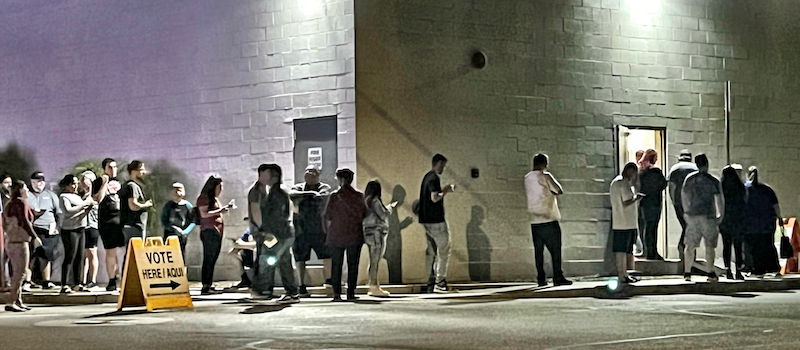
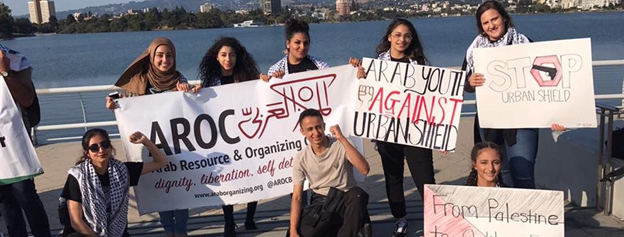
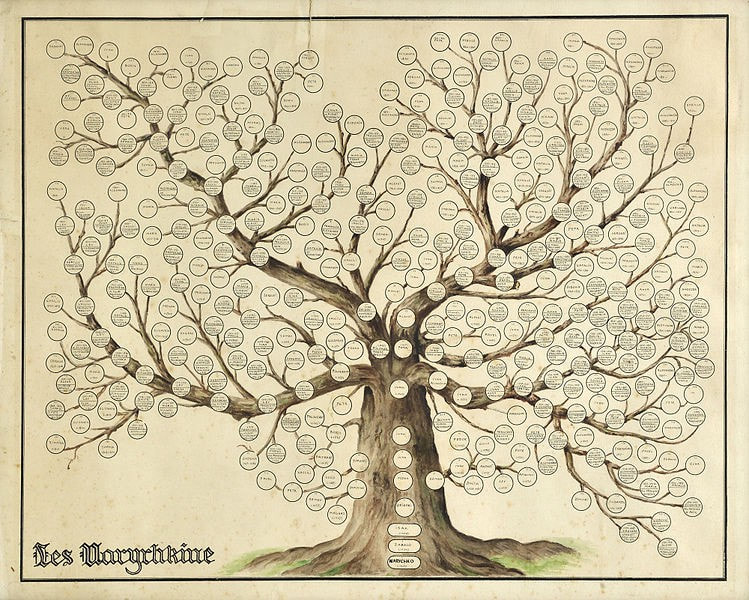
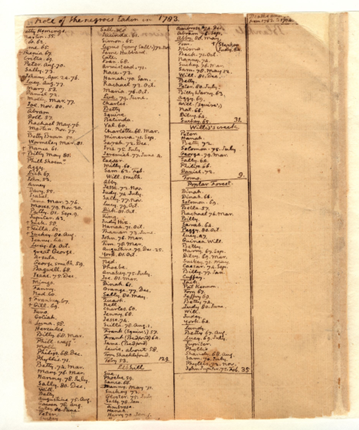
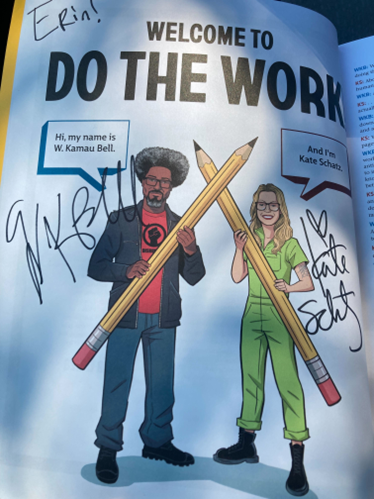
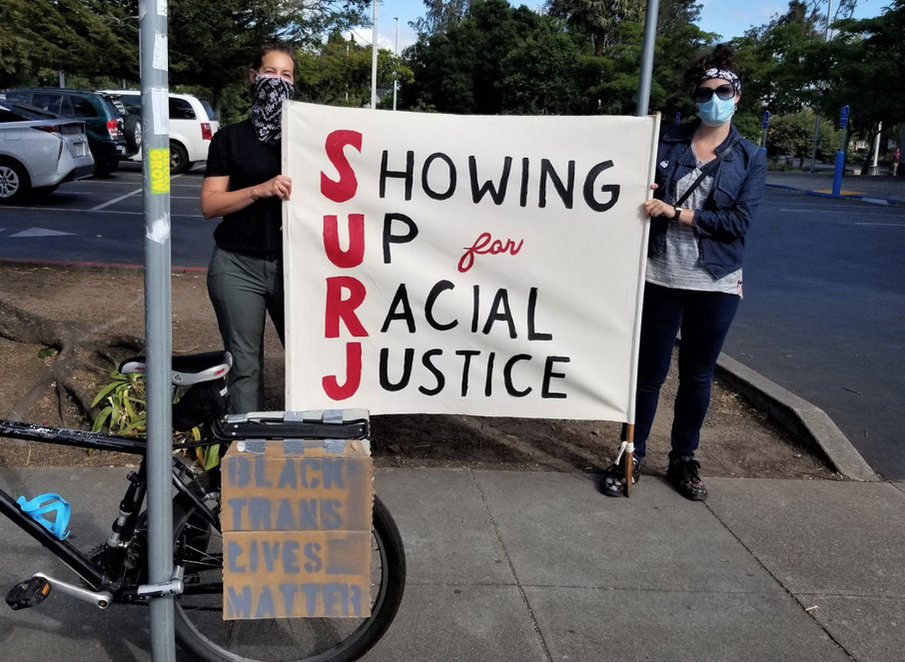
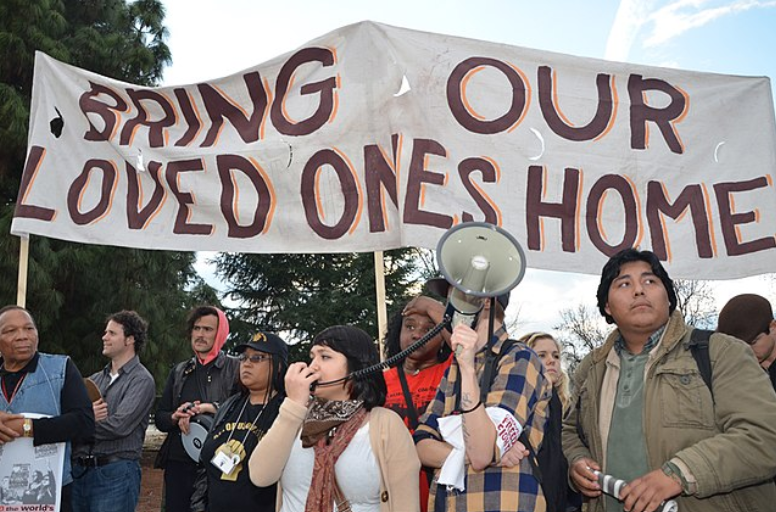
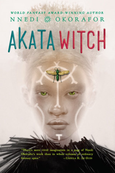
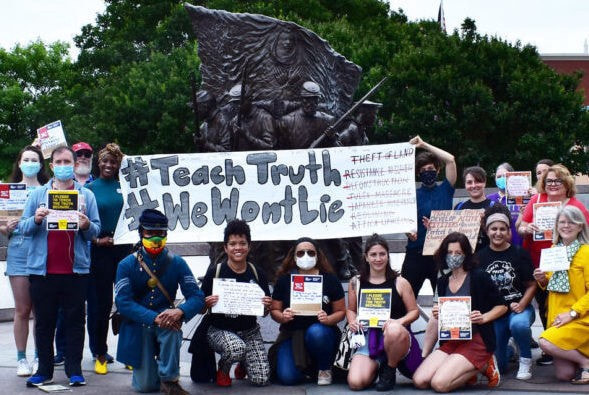

 RSS Feed
RSS Feed